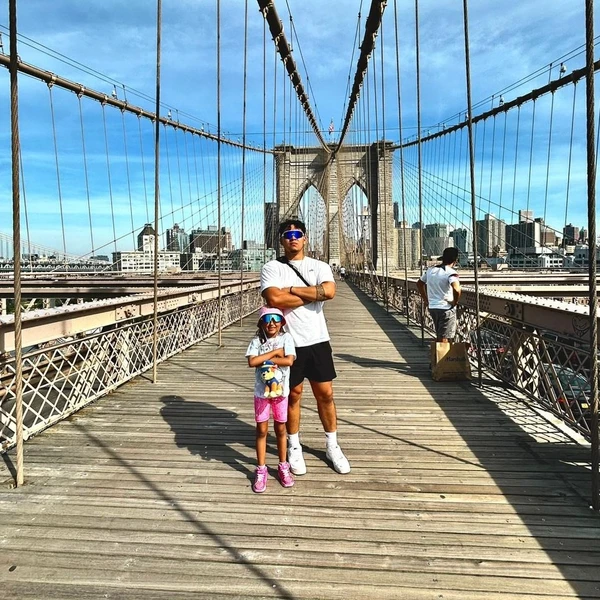
Hobbies and interests
Football
Art
Reading
Historical
Science Fiction
Fantasy
Jhon Camacho
425
Bold Points1x
Finalist
Jhon Camacho
425
Bold Points1x
FinalistBio
I aspire to become a high school teacher and coach, my reason is to help the new generations of kids to inspire them for a bright future, and to appreciate the small, but valuable things in life.
Education
Aurora University
Bachelor's degree programMajors:
- Education, General
Miscellaneous
Desired degree level:
Master's degree program
Graduate schools of interest:
Transfer schools of interest:
Majors of interest:
Career
Dream career field:
Education
Dream career goals:
Teacher's Aide
Glenbard North2023 – 20241 year
Sports
Football
Varsity2020 – Present6 years
Awards
- second team all-conference.
Public services
Volunteering
1833 leadership — help to build and improve the town2023 – 2025
B.R.I.G.H.T (Be.Radiant.Ignite.Growth.Heroic.Teaching) Scholarship
When I first stepped into the ESL department at Glenbard North High School as a teacher’s aide, I didn’t expect to walk out months later with a clearer purpose for my life. I was there to help translate, organize, and support students whose first language wasn’t English—something I understood deeply as someone who once sat in that same seat. What I didn’t realize was just how powerful something as simple as showing up, listening, and encouraging could be.
There was one student in particular who left a lasting impact on me. He had just moved from Ukraine and barely spoke a word of English. In the beginning, he stayed quiet, avoided eye contact, and clearly felt out of place. He was a freshman, new to the country and the school, and visibly overwhelmed by everything—new people, a new system, a new language. I saw the frustration in his eyes, not because he didn’t understand the lessons, but because he didn’t feel seen. He reminded me of myself, arriving in the U.S. years ago from Colombia with limited English, unsure of where I fit in.
I didn’t speak Ukrainian, and he didn’t speak Spanish or much English, so we had to get creative. I started using simple tools—Google Translate, printed vocabulary sheets, visuals, even just drawing on paper when necessary. I made it a point every day to check in with him, to say hello, to offer help with homework, and to give him a space where he didn’t feel like he had to prove himself just to be acknowledged. I didn’t realize it then, but what I was really doing was helping him feel visible.
Slowly, things began to shift. He started participating in class, saying a few English words with more confidence, and eventually even cracked a joke during lunch. One day, as we were reviewing a short assignment together, he paused and said, “Thank you for helping me feel like I belong.” That sentence hit me hard. It reminded me why I want to teach—not just to help students pass tests or write better essays, but to help them feel like they matter. That’s something no textbook teaches, but it’s one of the most powerful parts of being in education.
That moment, and others like it, showed me how important representation, patience, and connection are in a classroom. Students—especially those from immigrant or low-income backgrounds—are often carrying more than just a backpack. They carry fear, uncertainty, language gaps, and pressure. They also carry hope—but sometimes they need someone to remind them that it’s okay to let that hope grow. As a future history teacher, I want my students to see themselves in the stories we tell. I want them to feel heard in the questions they ask. I want them to know that their voice matters, that their story is part of a larger narrative, and that their background is not a limitation but a strength.
Coming from a low-income household myself and being the first in my family to attend college, I understand how difficult the journey can be. There were times when I wasn’t sure if college was an option, or whether my voice belonged in academic spaces. But I also know the power of education to transform lives. I don’t just want to teach history—I want to help students create their own. I want to teach with empathy, to lead with understanding, and to remind my students—especially the quiet ones sitting in the back—that they are capable of more than they think.
I believe kindness, like Sierra Argumedo’s, has a ripple effect. Her dream to make every student feel seen, heard, and loved is not just inspirational—it’s necessary. In a world where too many students feel invisible or unheard, we need more teachers who lead with heart. Sierra’s story, though heartbreaking, reminds me that compassion in education is not a small thing—it can save lives. Her legacy is one I hope to carry forward, not just in words, but in action—every day I walk into a classroom.
The time I spent helping that Ukrainian student reminded me that teaching isn’t just about content—it’s about connection. It’s about building trust, creating safe spaces, and showing up for students when they need it most. It’s about more than just words.